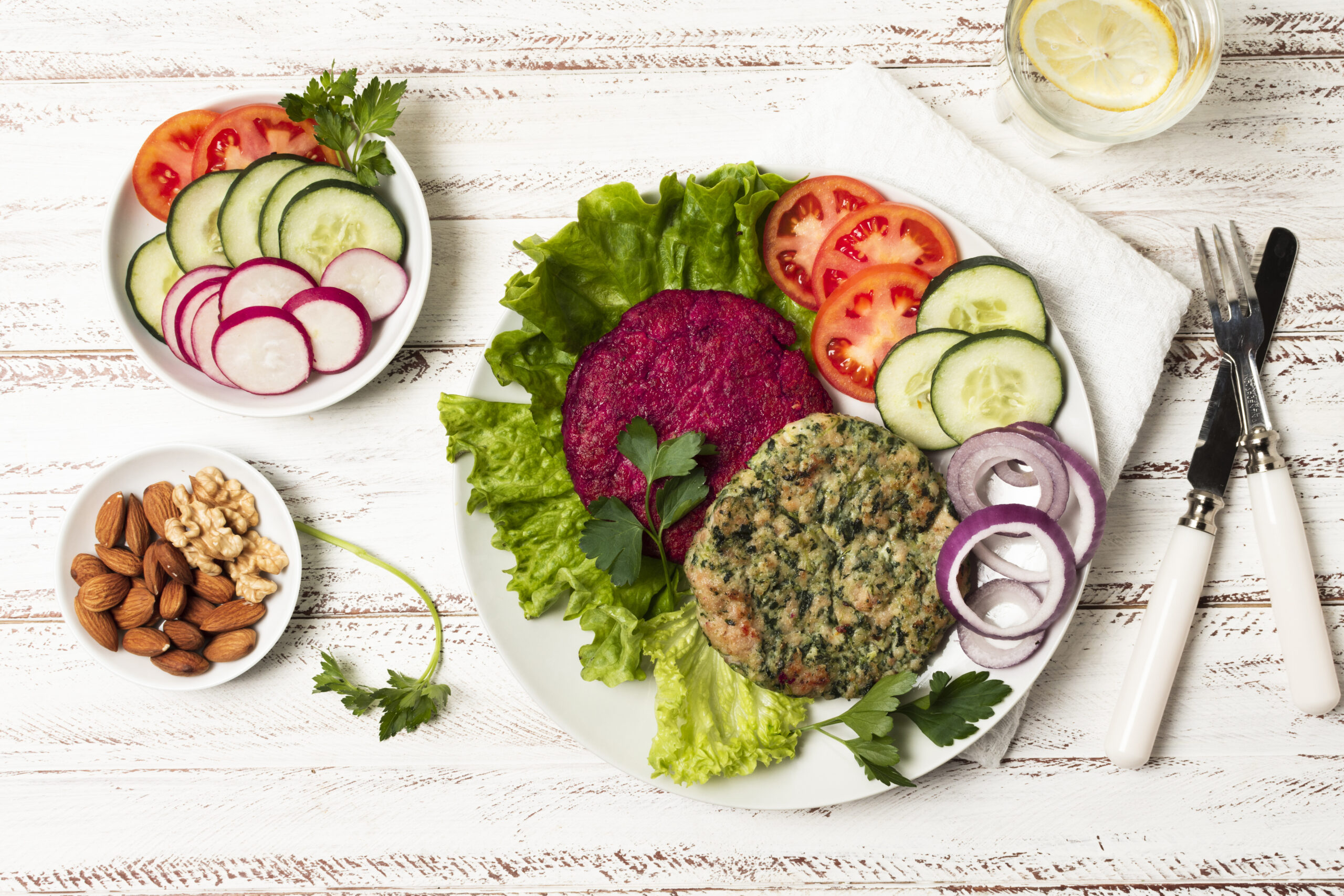Delicious No Carb Meals for Guilt-Free Eating


Roasting sweet potatoes is a culinary delight that transforms this humble root vegetable into a deliciously caramelized and flavorful dish. However, achieving that perfect balance of crispy edges and a tender interior can be elusive for many home cooks. This guide will walk you through the essential techniques for roasting sweet potatoes, helping you avoid common pitfalls and elevate your cooking skills.
Mastering the art of roasting sweet potatoes begins with understanding the process and the factors that influence the final result. Roasting involves cooking at high temperatures to develop a rich flavor and appealing texture.
Start by washing and peeling your sweet potatoes. While some prefer leaving the skin on for added texture and nutrients, peeling can help achieve a more uniform roast. Cut the sweet potatoes into evenly sized cubes or wedges to ensure consistent cooking.
Preheat your oven to 425°F (220°C). This high temperature is crucial for caramelizing the natural sugars in sweet potatoes, giving them a delightful sweetness and crispiness.
Toss the sweet potatoes in olive oil to coat them evenly. Olive oil not only enhances flavor but also facilitates the caramelization process. Use about one tablespoon of oil per sweet potato for optimal results.
Selecting the right variety of sweet potatoes is essential for roasting. Garnet and Jewel varieties are popular choices due to their moist texture and sweetness. Look for firm sweet potatoes with smooth skin, free from blemishes or soft spots.
Olive oil plays a pivotal role in roasting sweet potatoes. It not only helps in achieving that crispy exterior but also adds a subtle, rich flavor. Consider using extra virgin olive oil for its high smoke point and robust taste.
Even experienced cooks can encounter issues when roasting sweet potatoes. Here are some common mistakes and solutions:
When sweet potatoes are packed too closely, they steam instead of roast, leading to a mushy texture. Arrange them in a single layer, leaving space between pieces.
Roasting at too low a temperature fails to caramelize the sugars adequately. Ensure your oven is preheated to at least 425°F (220°C).
Turning the sweet potatoes halfway through cooking ensures even browning on all sides. Set a timer to remind yourself to flip them.
Roasting sweet potatoes typically takes about 25-30 minutes at 425°F (220°C). Check for doneness by piercing a piece with a fork; it should be tender with a slightly crisp exterior.
While salt and pepper are classic seasonings, consider experimenting with other flavors to enhance your roasted sweet potatoes:
A baking sheet or sheet pan is ideal for roasting sweet potatoes. A sheet pan with raised edges prevents the oil from spilling, while a baking sheet offers more surface area for even browning. Choose based on your preference and kitchen setup.
Roasted sweet potatoes are incredibly versatile. Here are five recipe ideas to try:
Ingredients:
Method: Preheat oven to 425°F (220°C). Toss sweet potatoes with olive oil, honey, salt, and pepper. Roast for 25-30 minutes, stirring halfway through.
Ingredients:
Method: Preheat oven to 425°F (220°C). Combine all ingredients and roast for 25-30 minutes, flipping once.
Ingredients:
Method: Preheat oven to 425°F (220°C). Mix ingredients and roast for 25-30 minutes, turning halfway through.
Ingredients:
Method: Preheat oven to 425°F (220°C). Toss all ingredients together and roast for 25-30 minutes, stirring occasionally.
Ingredients:
Method: Preheat oven to 425°F (220°C). Combine ingredients and roast for 25-30 minutes, stirring once.
Store leftover roasted sweet potatoes in an airtight container in the refrigerator for up to 5 days. To reheat, spread them on a baking sheet and warm in a 350°F (175°C) oven until heated through. Avoid microwaving, as it can make them soggy.
Roasted sweet potatoes are a versatile side dish that pairs well with various proteins and grains. Serve them alongside roasted chicken, grilled fish, or a hearty quinoa salad. They also make a delightful addition to breakfast bowls or as a topping for pizzas and flatbreads.
If your roasted sweet potatoes are not turning out as expected, consider the following troubleshooting tips:
Sweet potatoes are rich in vitamins A and C, fiber, and antioxidants. They are a nutritious addition to any meal, offering health benefits such as improved digestion and immune support.
To refine your roasting technique, seek feedback from family and friends. Encourage them to comment on flavor, texture, and seasoning. Use their insights to make adjustments and perfect your recipe.